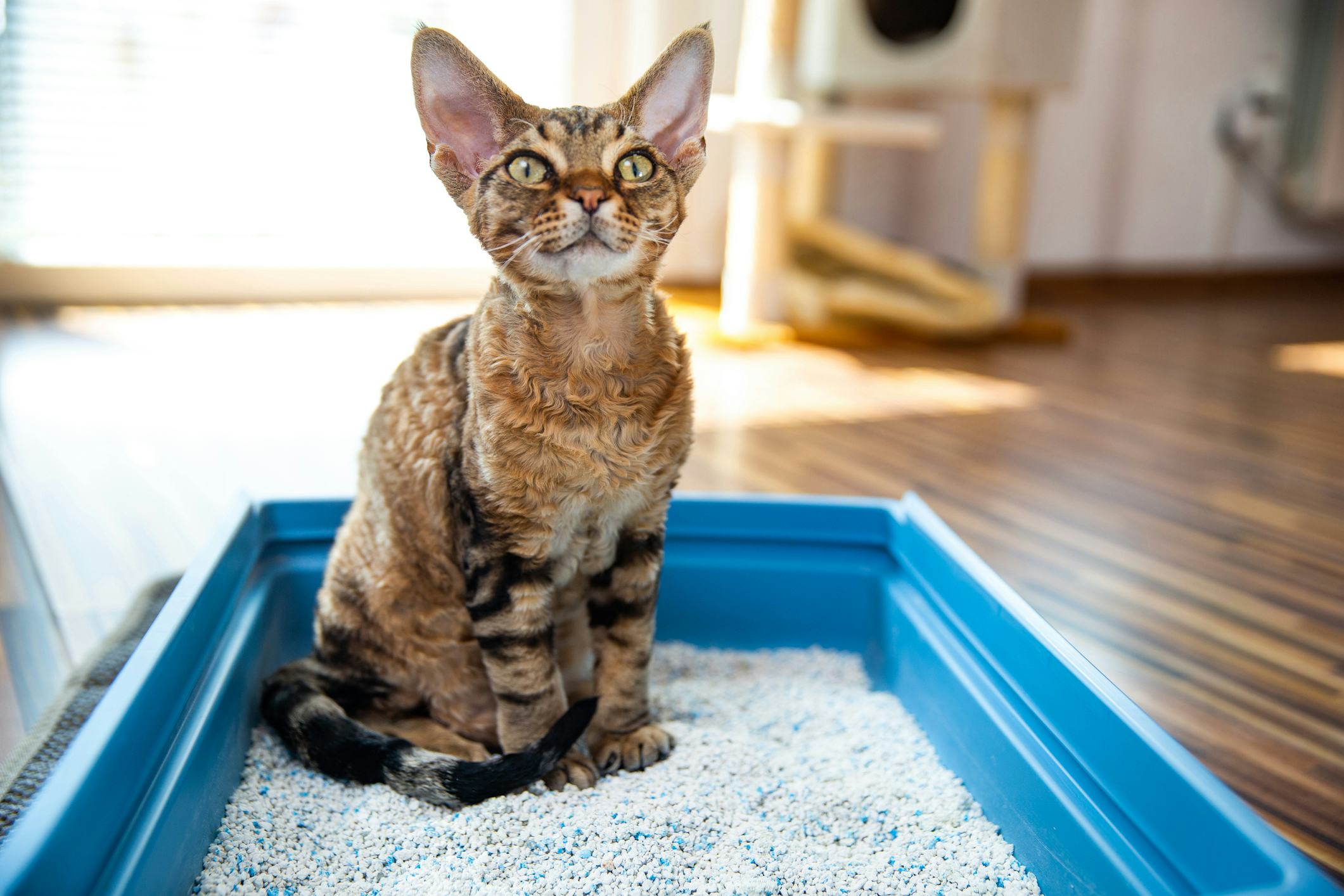Reasons Flushing Cat Poop Down Your Toilet Is Bad - Tips for Proper Handling
Reasons Flushing Cat Poop Down Your Toilet Is Bad - Tips for Proper Handling
Blog Article
Here down the page you'll find lots of decent resources involving Don’t flush cat feces down the toilet.

Intro
As pet cat owners, it's important to bear in mind how we throw away our feline friends' waste. While it may appear convenient to flush feline poop down the bathroom, this technique can have harmful consequences for both the atmosphere and human wellness.
Alternatives to Flushing
Fortunately, there are safer and much more accountable methods to take care of cat poop. Consider the following options:
1. Scoop and Dispose in Trash
The most usual method of dealing with feline poop is to scoop it right into an eco-friendly bag and throw it in the trash. Make sure to use a devoted litter scoop and throw away the waste without delay.
2. Usage Biodegradable Litter
Go with eco-friendly pet cat clutter made from products such as corn or wheat. These clutters are eco-friendly and can be securely thrown away in the garbage.
3. Hide in the Yard
If you have a backyard, take into consideration hiding feline waste in a marked area away from veggie yards and water resources. Be sure to dig deep adequate to prevent contamination of groundwater.
4. Install a Pet Waste Disposal System
Buy a pet dog garbage disposal system specifically created for cat waste. These systems use enzymes to break down the waste, reducing odor and environmental impact.
Wellness Risks
Along with environmental problems, purging feline waste can also pose wellness dangers to people. Pet cat feces might include Toxoplasma gondii, a parasite that can create toxoplasmosis-- a possibly severe ailment, especially for expectant females and individuals with damaged body immune systems.
Environmental Impact
Purging cat poop presents dangerous pathogens and bloodsuckers into the supply of water, posing a substantial risk to marine ecological communities. These pollutants can adversely affect aquatic life and compromise water top quality.
Final thought
Accountable animal possession extends past offering food and sanctuary-- it likewise entails appropriate waste monitoring. By avoiding flushing feline poop down the toilet and choosing different disposal techniques, we can decrease our environmental footprint and secure human health.
Why Can’t I Flush Cat Poop?
It Spreads a Parasite
Cats are frequently infected with a parasite called toxoplasma gondii. The parasite causes an infection called toxoplasmosis. It is usually harmless to cats. The parasite only uses cat poop as a host for its eggs. Otherwise, the cat’s immune system usually keeps the infection at low enough levels to maintain its own health. But it does not stop the develop of eggs. These eggs are tiny and surprisingly tough. They may survive for a year before they begin to grow. But that’s the problem.
Our wastewater system is not designed to deal with toxoplasmosis eggs. Instead, most eggs will flush from your toilet into sewers and wastewater management plants. After the sewage is treated for many other harmful things in it, it is typically released into local rivers, lakes, or oceans. Here, the toxoplasmosis eggs can find new hosts, including starfish, crabs, otters, and many other wildlife. For many, this is a significant risk to their health. Toxoplasmosis can also end up infecting water sources that are important for agriculture, which means our deer, pigs, and sheep can get infected too.
Is There Risk to Humans?
There can be a risk to human life from flushing cat poop down the toilet. If you do so, the parasites from your cat’s poop can end up in shellfish, game animals, or livestock. If this meat is then served raw or undercooked, the people who eat it can get sick.
In fact, according to the CDC, 40 million people in the United States are infected with toxoplasma gondii. They get it from exposure to infected seafood, or from some kind of cat poop contamination, like drinking from a stream that is contaminated or touching anything that has come into contact with cat poop. That includes just cleaning a cat litter box.
Most people who get infected with these parasites will not develop any symptoms. However, for pregnant women or for those with compromised immune systems, the parasite can cause severe health problems.
How to Handle Cat Poop
The best way to handle cat poop is actually to clean the box more often. The eggs that the parasite sheds will not become active until one to five days after the cat poops. That means that if you clean daily, you’re much less likely to come into direct contact with infectious eggs.
That said, always dispose of cat poop in the garbage and not down the toilet. Wash your hands before and after you clean the litter box, and bring the bag of poop right outside to your garbage bins.
https://trenchlesssolutionsusa.com/why-cant-i-flush-cat-poop/

I am very serious about Can You Flush Cat Poo or Litter Down the Toilet? and I'm hoping you liked our entry. Please take the opportunity to distribute this entry if you enjoyed it. Thanks a lot for going through it.
Call Today Report this page